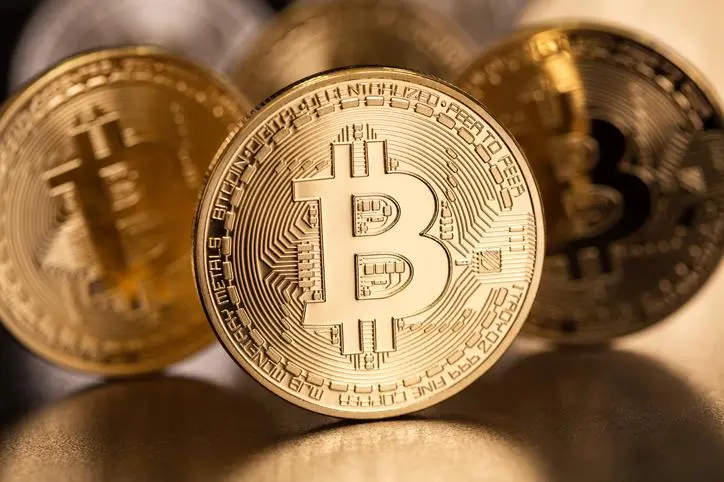PHOTO
(The author is a Reuters Breakingviews columnist. The opinions expressed are her own. Refiles to read "bitcoin" not "Bitcom" in second paragraph, and to harmonize style throughout.)
MILAN (Reuters Breakingviews) - A European Union transparency drive may boost bitcoin’s legitimacy. The bloc agreed on Monday to force cryptocurrency exchanges to identify users. That will make it harder for criminals to use virtual cash to hide their ill-gotten gains.
The EU’s bitcoin assault is part of a broader attack on money laundering and the financing of terrorism. To do so, the bloc is updating the existing anti-money laundering directive to shed light on opaque areas of the financial world. One key novelty is a requirement for the dozens of European exchanges which trade in currencies such as bitcoin or ethereum, and the technology companies that store the money in so-called wallets, to carry out the same know-your-customer checks as ordinary banks.
The new rules are an important step in the fight against illicit money flows. Anonymity, guaranteed via encrypted procedures, is probably one of the main reasons for the soaring popularity of digital currencies, which have seen their market values exceed $400 billion this year. Paying for goods and services in bitcoin or similar allows users to bypass regulated payment systems. That appeals to drug dealers or terrorists. BlackRock Chairman Larry Fink recently called virtual currencies an "index of money laundering".
The European transparency push could help change things. If transactions are no longer secret, this should deter usage for illicit means, and facilitate the work of law-enforcement agencies. It may also make it harder for criminals to hack exchanges, as happened with Slovenian group NiceHash last year.
Criminals can still use exchanges outside the EU. There’s also a danger that more trading simply moves off exchanges. But Europe is not alone in the fight. South Korea imposed similar rules earlier this year, and the United States may not be far behind. If more trading happens out of the shadows, virtual currencies could become more respectable.
CONTEXT NEWS
- The European Council, which represents EU national governments, on May 14 approved stricter rules to prevent money laundering and terrorist financing. The rules include provisions to make it harder for users of virtual currencies such as bitcoin to remain anonymous.
- Under the new rules, which EU member states will have to transpose in national legislation, providers of cryptocurrency exchange platforms and custodians of wallets that can hold virtual money will have to verify the identity of users.
- The Financial Action Task Force, a global anti-money laundering body, has expressed concern about the use of virtual currencies as a means of financing terrorism and Islamic radicalisation.
- The market for virtual currencies reached a peak of $432 billion earlier this year, Reuters reported on May 14, citing European Central Bank governing council member Yves Mersch.
(Editing by Neil Unmack and Martin Langfield) ((lisa.jucca@thomsonreuters.com; Reuters Messaging: lisa.jucca.thomsonreuters.com@reuters.net))





















